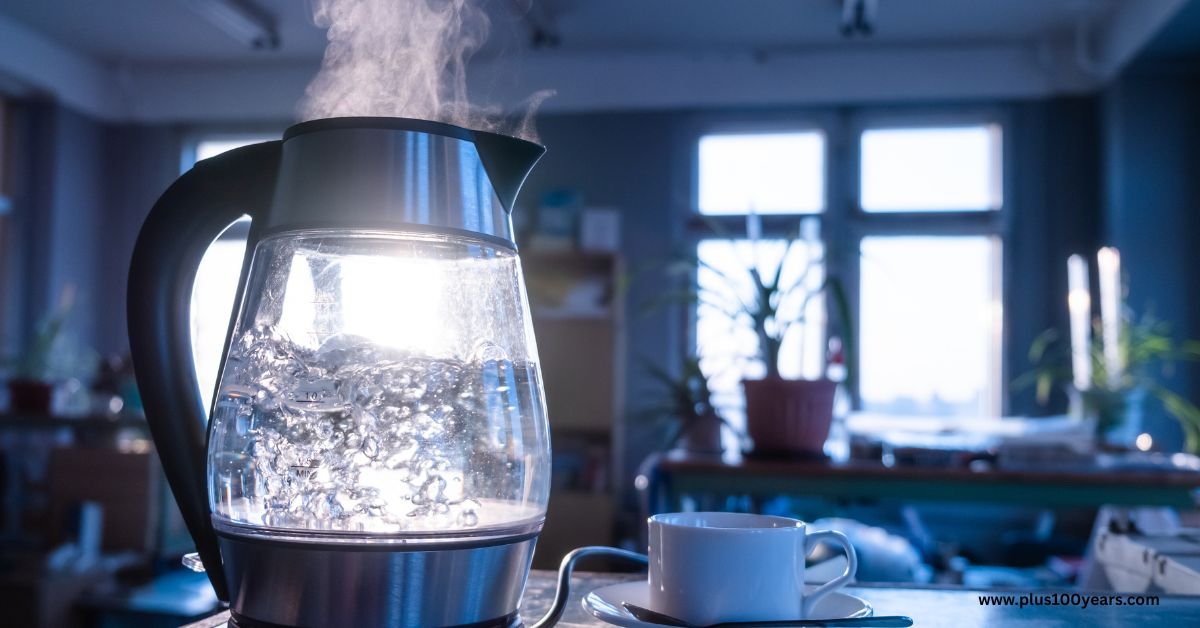The rainy season is a time we all look forward to because it is the much-needed relief from the heat.
But along with such comfort, it comes with an increased risk of water contamination.
Additionally, heavy rains often lead to overflowing drains, flooded streets, and seepage into water pipelines, hence making drinking water highly vulnerable to pollutants and harmful microorganisms.
But for generations, boiling water has been the go-to method for purification in most Indian households. But here is the question: Is boiling water really a solution during the monsoon season?
In this blog, let’s understand the truth. Understanding The Limits of Boiling Water
Boiling is a traditional practice and effective method for killing many germs, bacteria, and
viruses.
So, when water is heated to 100°C, most microorganisms are destroyed, hence it
effectively reduces the risks of common waterborne diseases like cholera and typhoid.
But boiling water has several limitations that make it much less effective during the rainy season
1. Does Not Completely Remove Chemical Contaminants
As we all know, rainwater often carries pesticides, industrial chemicals, and heavy metals
from the soils and pipelines as well. So, boiling water cannot remove such dissolved impurities.
2. Do Not Remove Dissolved Salts
High levels of dissolved salts are very common in water sources. These remain unaffected by boiling water and can pose several long-term health risks.
3. No Protection Against Recontamination
Once cooled, boiled water can easily get contaminated again if stored improperly, making it
unsafe to drink.
4. Time-Consuming and Inconvenient
Boiling water for the entire family every day requires time, effort, and fuel—making it impractical for modern lifestyles.
Why Advanced Filtration is Essential in Monsoon
As we all know, these challenges, which rely on boiling water, are insufficient during the rainy season.
So what families need is a safe solution that is a water purification system that completely
removes not only germs but also chemical impurities, pesticides, and dissolved salts.
With modern solutions like the RO+ UV system or even a hot water purifier, that provides a more practical solution.
With a hot water purifier, you get the dual benefit of purified water and instant access to safe hot water ideal for drinking warm water during the monsoon or preparing beverages like tea, coffee, and soups.
Why Choose DrinkPrime?
For households seeking a modern, hassle-free solution, DrinkPrime provides one of the most convenient and reliable ways to access purified water.
Unlike traditional purifiers that require heavy upfront investment and frequent maintenance, DrinkPrime provides water purifiers on a subscription basis.
Here’s why DrinkPrime is a great choice during the rainy season:
1. It has multi-stage filtration technology, which combines RO, UV, and advanced filters for
complete protection.
2. Moreover, DrinkPrime provides app-enabled monitoring to allow users to check the
water quality and purifier health in real-time.
3. Also, DrinkPrime offers free servicing and filter replacements as well.
With DrinkPrime, you don’t just get clean water, you also get peace of mind, knowing your family is protected from the hidden dangers of monsoon water contamination.
Conclusion.
In summary, while boiling water can kill many germs, it is not enough to make water completely safe during the rainy season. Moreover, when it comes to chemical contaminants or dissolved salts, boiling water is not an ideal solution. The perfect solution to this is advanced filtration systems.
By choosing a modern water purifier like DrinkPrime, families can safeguard their health and enjoy pure, safe, and healthy drinking water at home without the daily effort of boiling. This monsoon, make sure your drinking water is not just boiled but truly purified.

